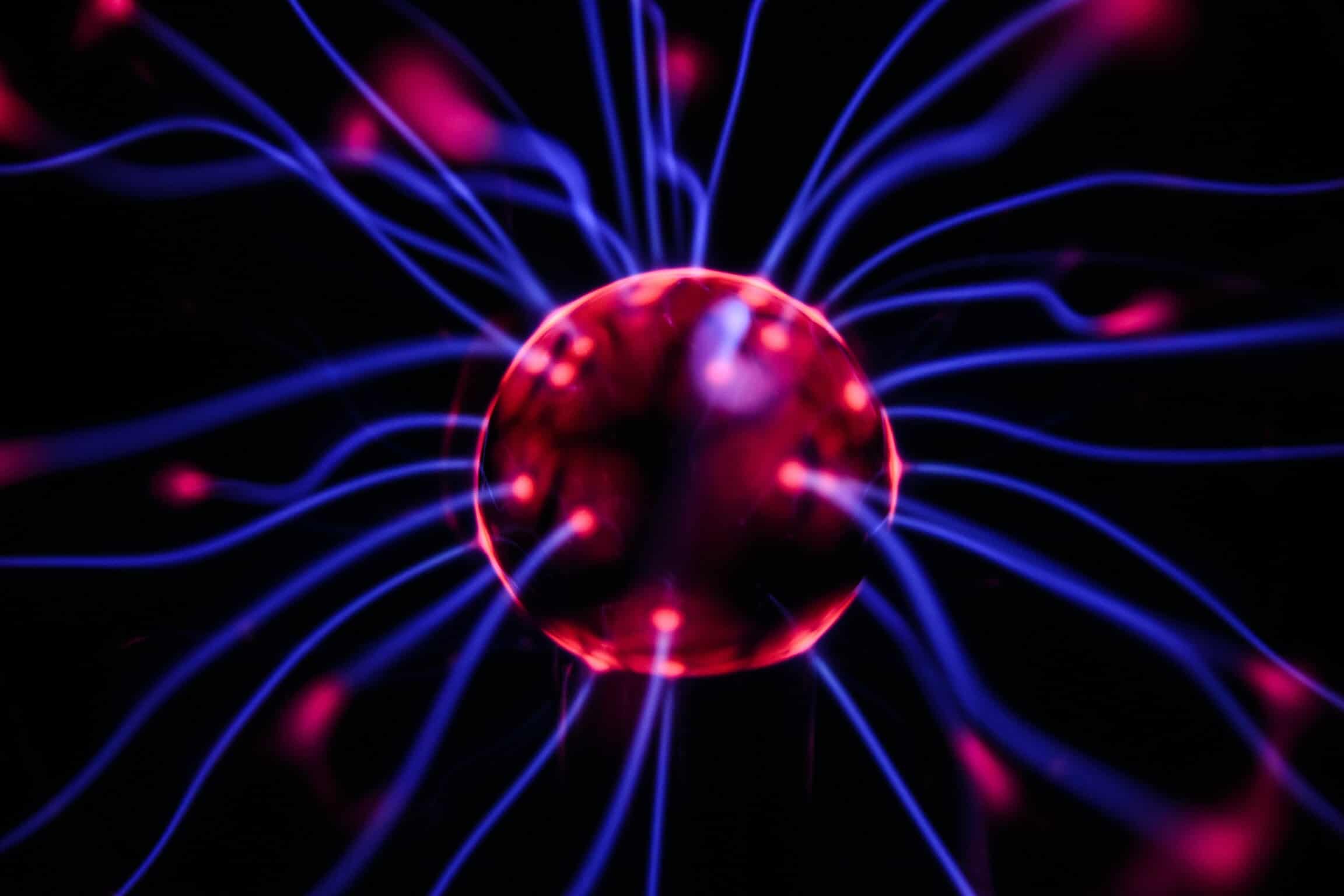When one door closes, another opens.
Clinical trials did not prove successful with one therapy using molecules to increase dopamine in the brain, but a newly discovered molecule shows promise.
Scientists know that the loss of the brain cells that produce dopamine is a leading cause of Parkinson’s, and their goals are to boost dopamine production as a targeted treatment.
Researchers discovered a new molecule, BT13, which boosts dopamine, and protects those cells from dying. More importantly, it can penetrate the blood-brain barrier, a protective border in the brain that stops harmful elements from entering. Many drugs cannot cross it, so this research is especially encouraging since penetrating the blood-brain barrier is one of Parkinson’s research’s biggest challenges.
While more research must continue before beginning clinical trials, researchers piloting the study are focusing on improving the effectiveness of BT13 and looking into testing a series of similar compounds.
With over six million people worldwide diagnosed with Parkinson’s, the drive to find a cure is intense. Learn more about this Finnish study here.

